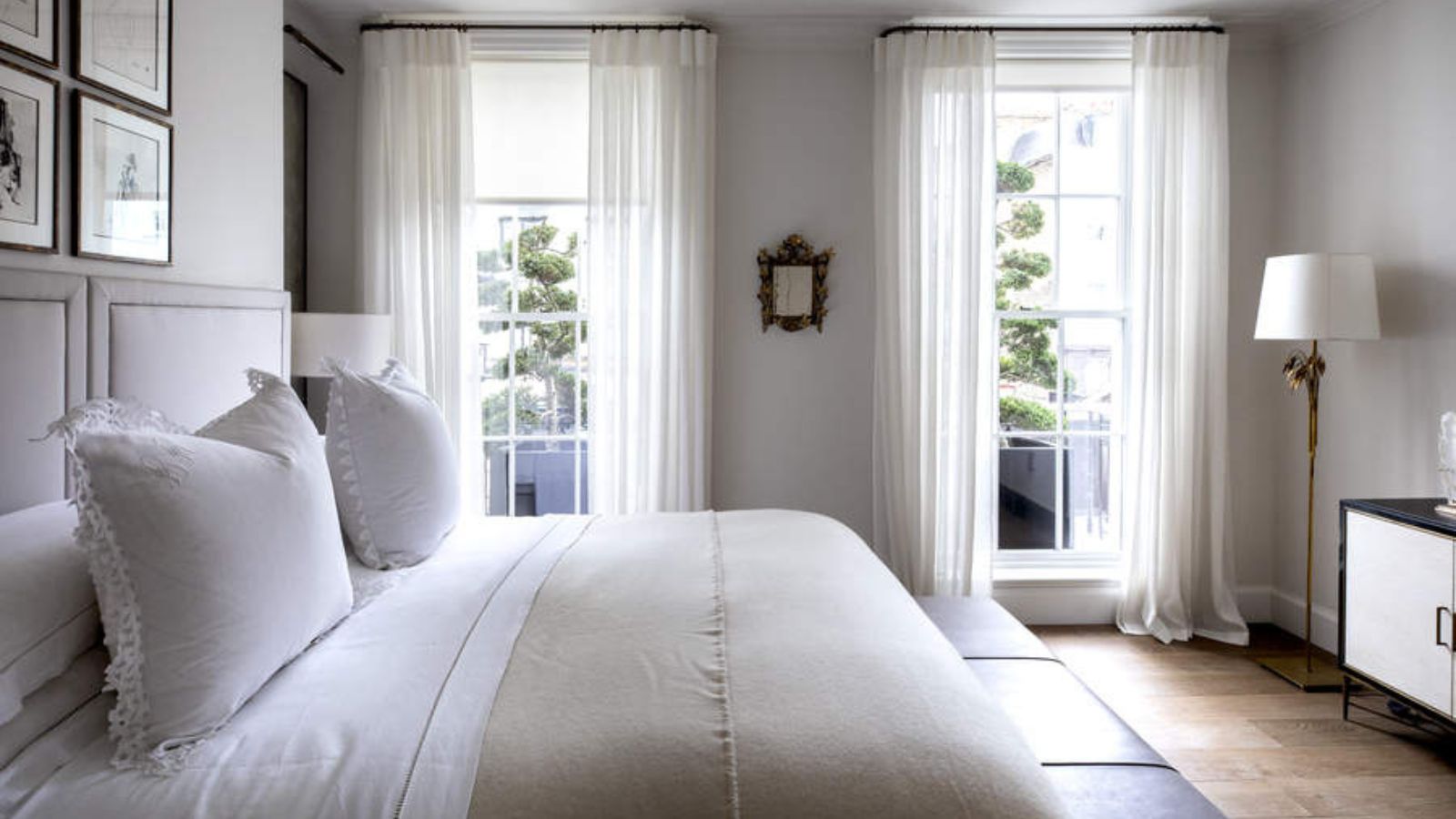
If you regularly sleep with the same set of sheets, you may notice that they start to pill. These small friction knots may appear on the surface of your sheets as loose fibers get twisted and torn, leaving your once smooth and silky bedding fuzzy.
The good news is that there are steps you can take to remove pilling, and ways to prevent it happening again, too, according to our bedding experts. Prevention also helps, with experts labeling Egyptian cotton as the 'miracle material' and top pick for bedding.
They've shared their tips alongside our panel of professional cleaners on keeping your best bed sheets looking and feeling as good as the day you bought them, with advice on why sheet pilling happens, how to prevent it, and which materials offer the best protection against it.
What is sheet pilling?
You might be familiar with the word, and even the sight, but what actually is sheet pilling, and what causes it?
Bedding designer Parima Ijaz explains, 'Pilling happens when loose fibers from the fabric tangle up and form small, stubborn balls. Beyond bed sheets, pilling is quite common on soft materials, such as sweaters, blankets and even some towels,' which is why it's often necessary to remove lint from clothes.
As for why these fibers come loose in the first place – friction is the culprit. Every time you toss and turn in the night you're breaking down the fabric fibers in the sheets, and the same thing happens when you throw your sheets in the washer or dryer.
That being said, some sheet materials are more prone to pilling than others. Mike Handelsman, bedding expert at FoamOrder, explains, 'We see this more with cheaper fabrics that use shorter fibers. If your sheets are pilling, it's a sign they're not made to last,' which is why it's important to be clued up on which bedding materials to avoid.
How can I remove pilling from my sheets?
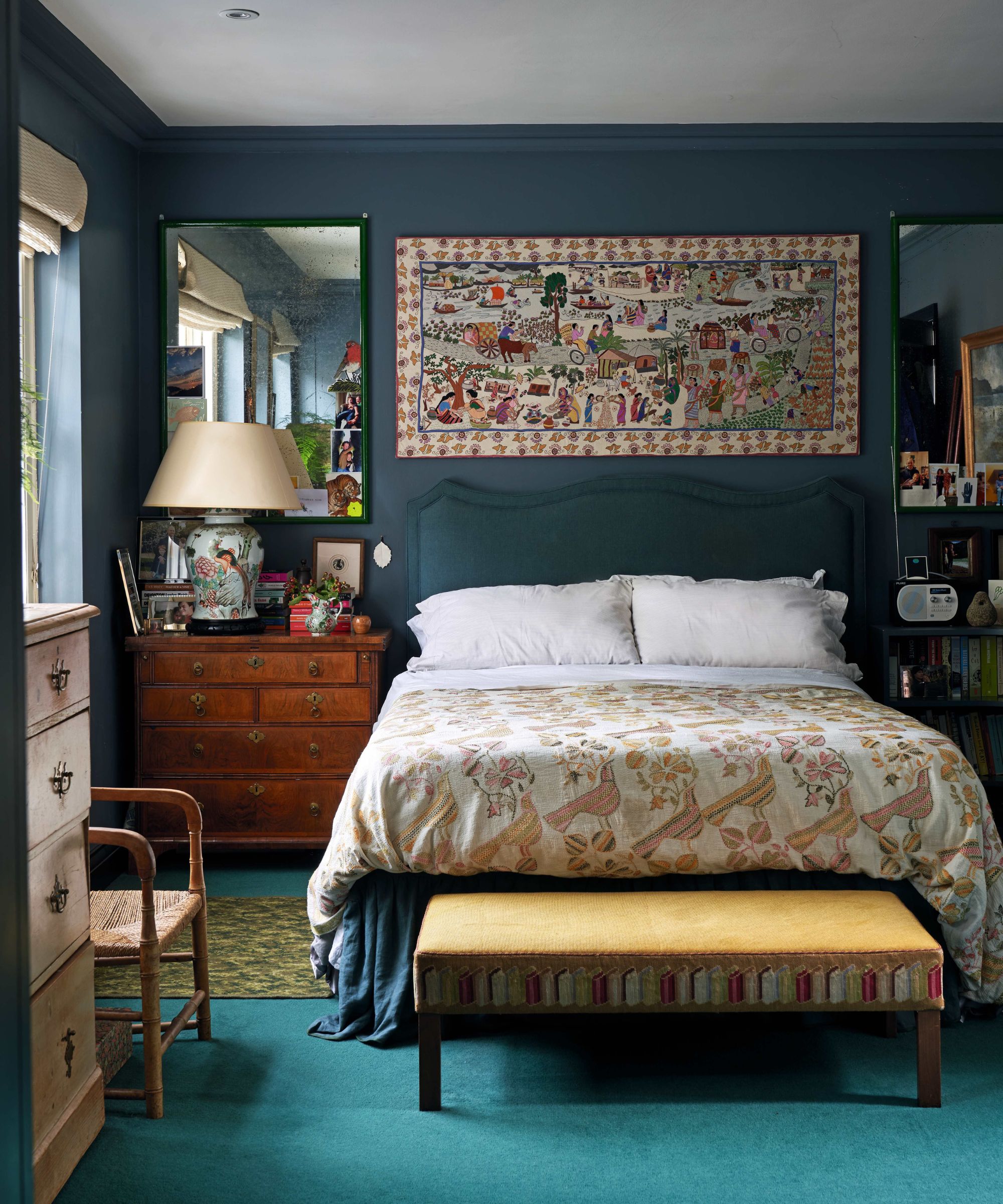
Luckily, it is possible to remove pilling from your sheets. Bedding expert Handelsman assures, 'It's a bit of a chore, but it's doable. Go for a fabric shaver. You just have to glide it over the surface, and those pills will disappear.'
For this, we recommend the number one bestselling BEAUTURAL Fabric Shaver and Lint Remover available at Amazon, which has almost 100,000 five star reviews on Amazon for efficiency and ease of use.
You can also use a regular lint roller, such as the Scotch-Brite Lint Roller available at Walmart, to pull away pilling, but it won't do such a thorough job.
'Other ways are using a pumice stone or even an old razor,' adds Handelsman, but be careful not to snag any fibers as you go. In a pinch, use nail scissors to snip away the small balls of fabric.
All prices correct at time of publication.
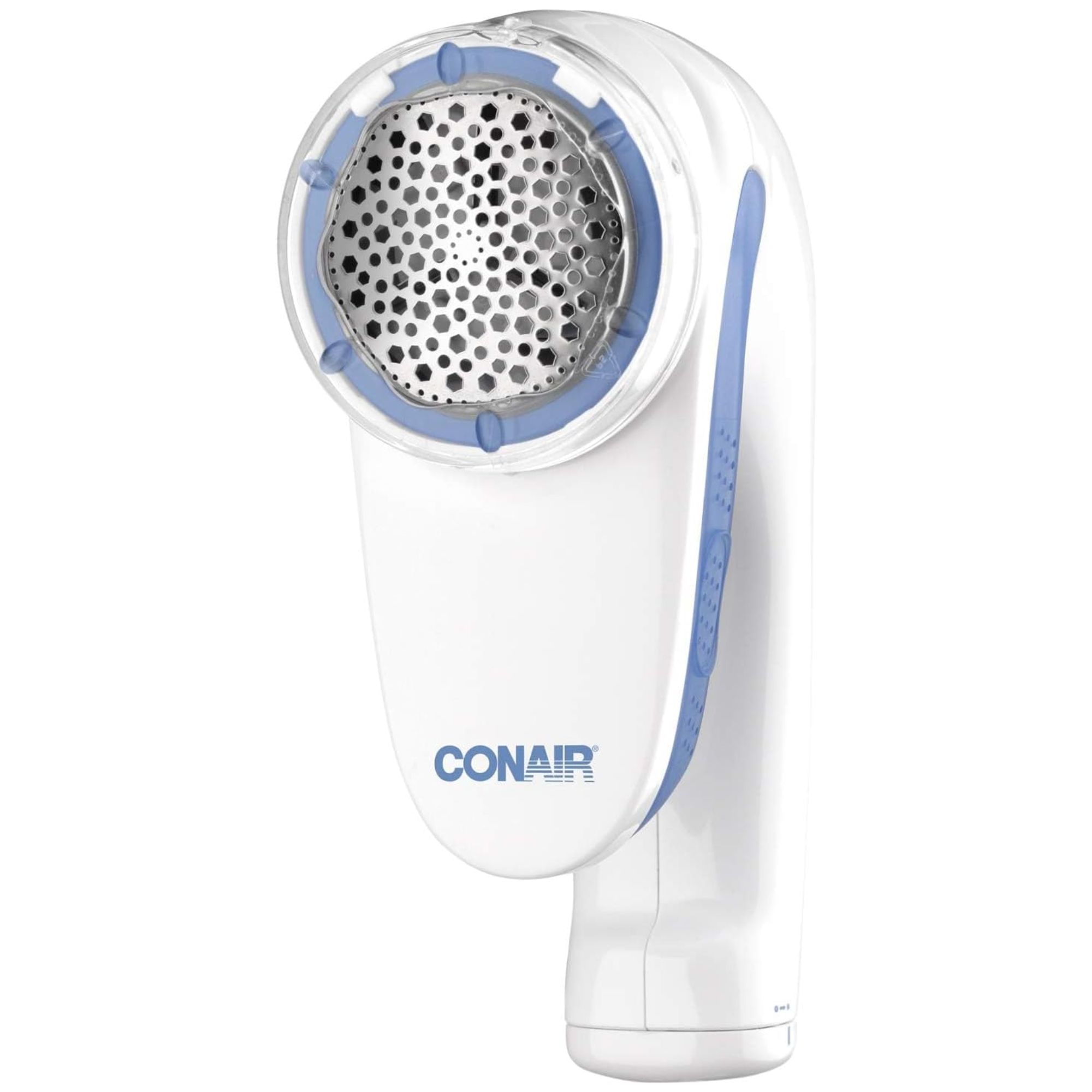
This fabric shaver can be used on most fabrics, from socks to sofas, with three settings and a large two inch shaving surface.
How can I prevent sheet pilling?

Remember, slight pilling is normal, especially after years of wear and tear. Still, learning how to wash bed sheets properly should help you to retain the feel and quality of your bedding.
Elizabeth Shields, operations manager at Super Cleaning Service Louisville advises, 'Trim loose threads and toss the sheets in a large laundry bag (such as the Polecasa Heavy Duty Large Mesh Laundry Bag available at Amazon) before washing. Fewer friction points mean less pilling.'
Overloading your washing machine is also a laundry habit ruining your laundry and washing machine, so avoid any washing machine mistakes by ensuring your sheets have plenty of space. 'If you have dark sheets, wash them separately,' says Shields. 'They tend to shed fibers more easily, which can attach to lighter fabrics.'
To avoid pilling, it's also important to use a mild liquid detergent, such as the all Liquid Laundry Detergent available at Walmart. Shields explains, 'Harsh ones can break down fibers, and powdered forms are more abrasive. You might think about using fabric softeners, but I'd warn you again it: all it's doing is weakening the fibers in your sheets.' As this is a time you should never use fabric softener in laundry, you can instead use white vinegar in laundry to soften them naturally. Washing towels with vinegar will also have the same effect.
When washing sheets and removing stains, Shields warns against using bleach in laundry. 'A color-safe alternative is better, or you could opt for natural brightening agents, like baking soda,' she says. 'For organic stains, grab a laundry enzyme booster. This will take care of the proteins, oils, and other organic matter that can cling to your sheets and cause pilling.'
Then, where possible, Shields advocates making the most of the benefits of air-drying laundry. 'It might take a little longer, but it's the best way to protect the fibers,' she says. 'If your sheets come out wrinkled, you might be tempted to iron them out, but that will only put stress on the fabric. You could try steaming or smoothing your sheets while damp.'
To store, fold the sheets neatly and keep them in a cool, dry place, which is one of the things people who store bed linen properly always do.
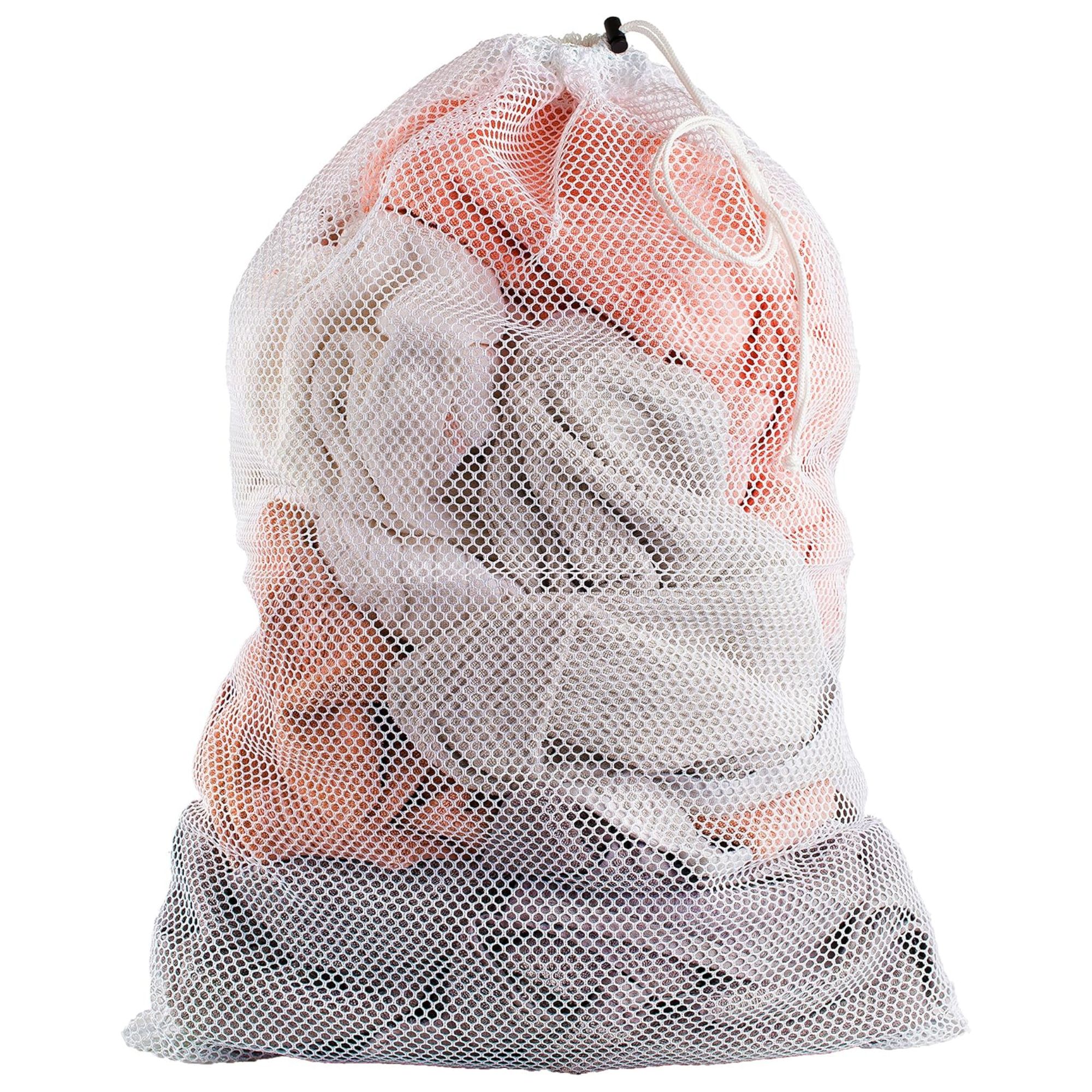
This mesh laundry bag is machine washable, sturdy and lightweight, with a secure drawstring to keep contents safely contained.
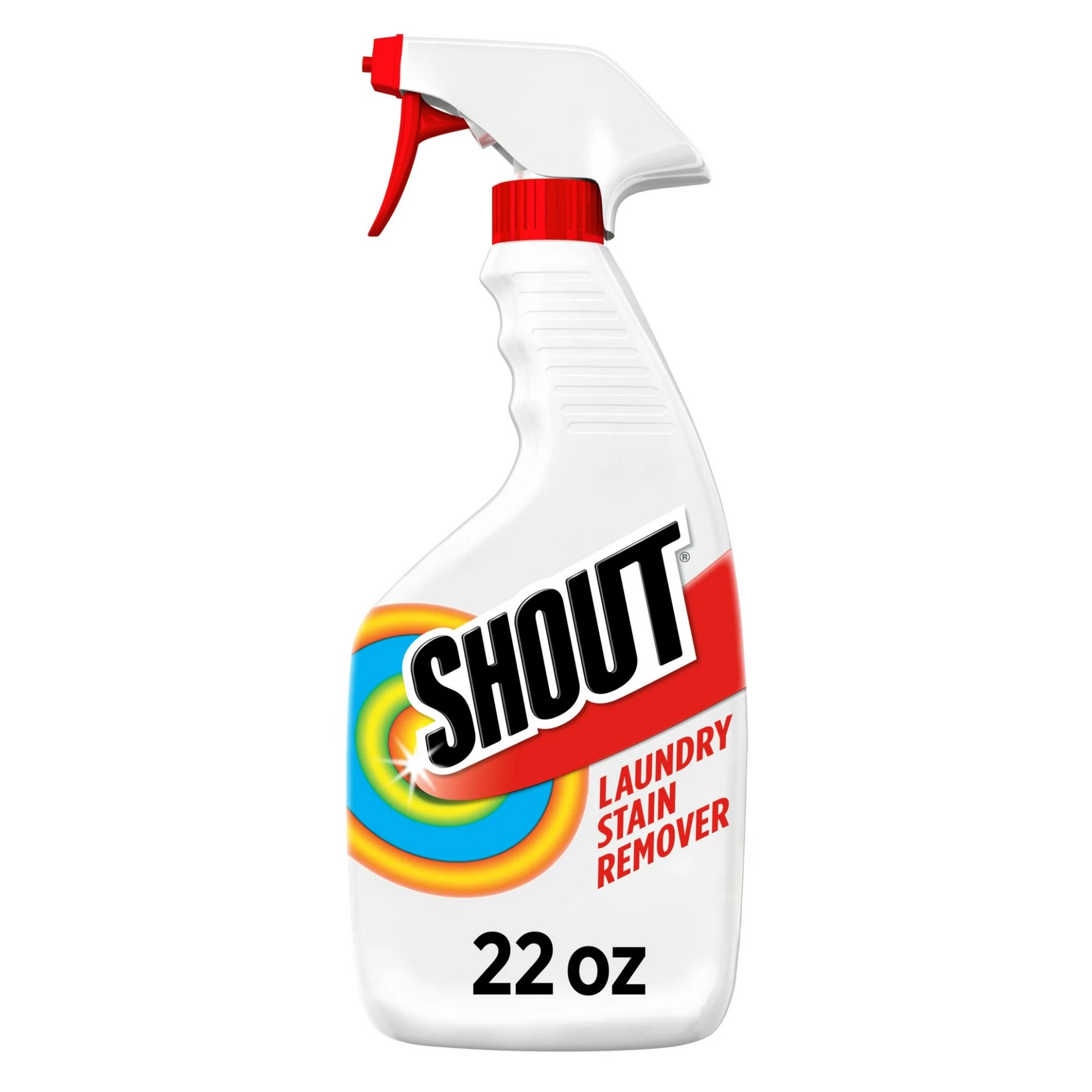
This formula clings, penetrates and lifts stains, is safe for all color-fast materials, and works in all water temperatures.
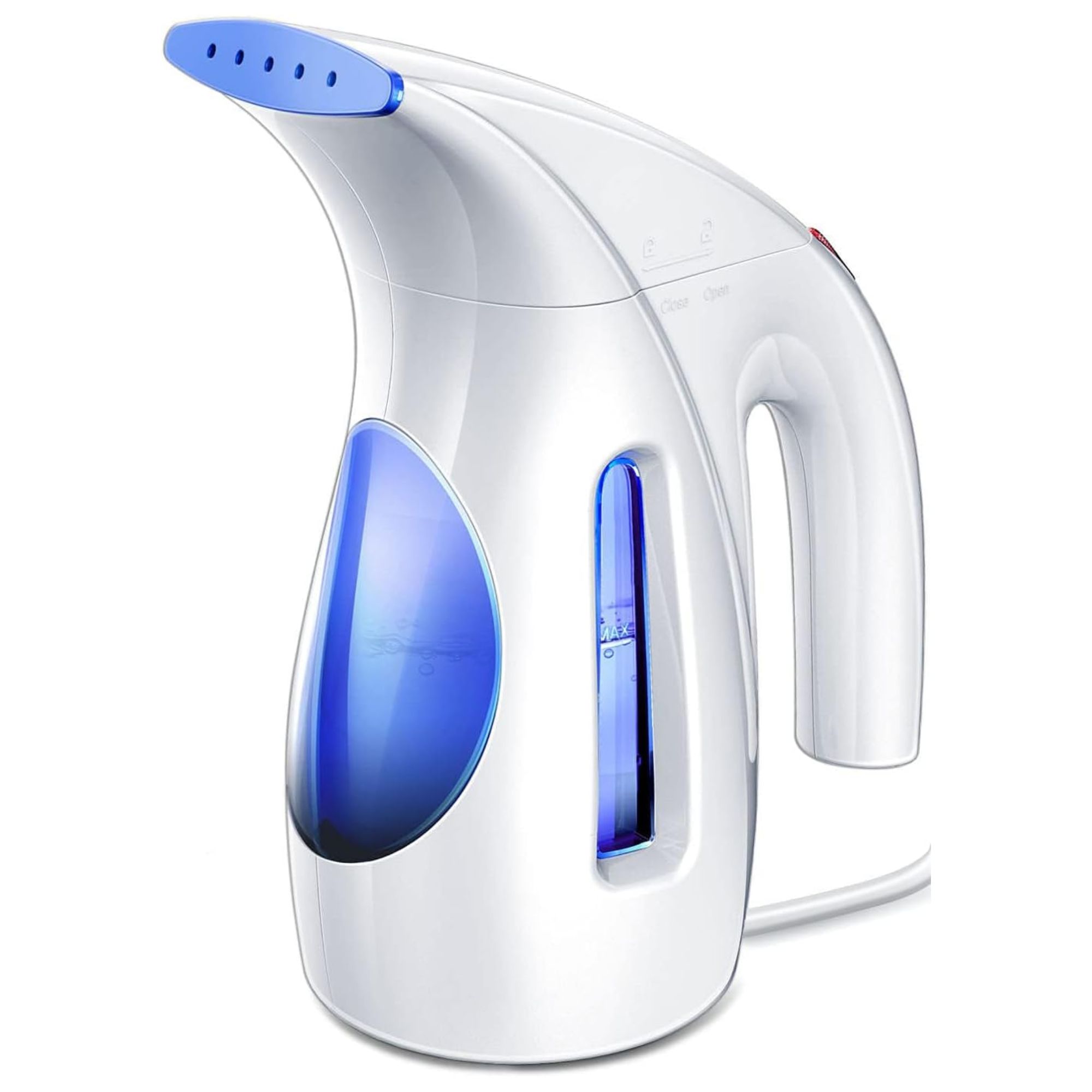
This large capacity, handheld steamer provides up to 15 minutes of continuous steam to eliminate wrinkles flawlessly.
Which materials are least prone to pilling?
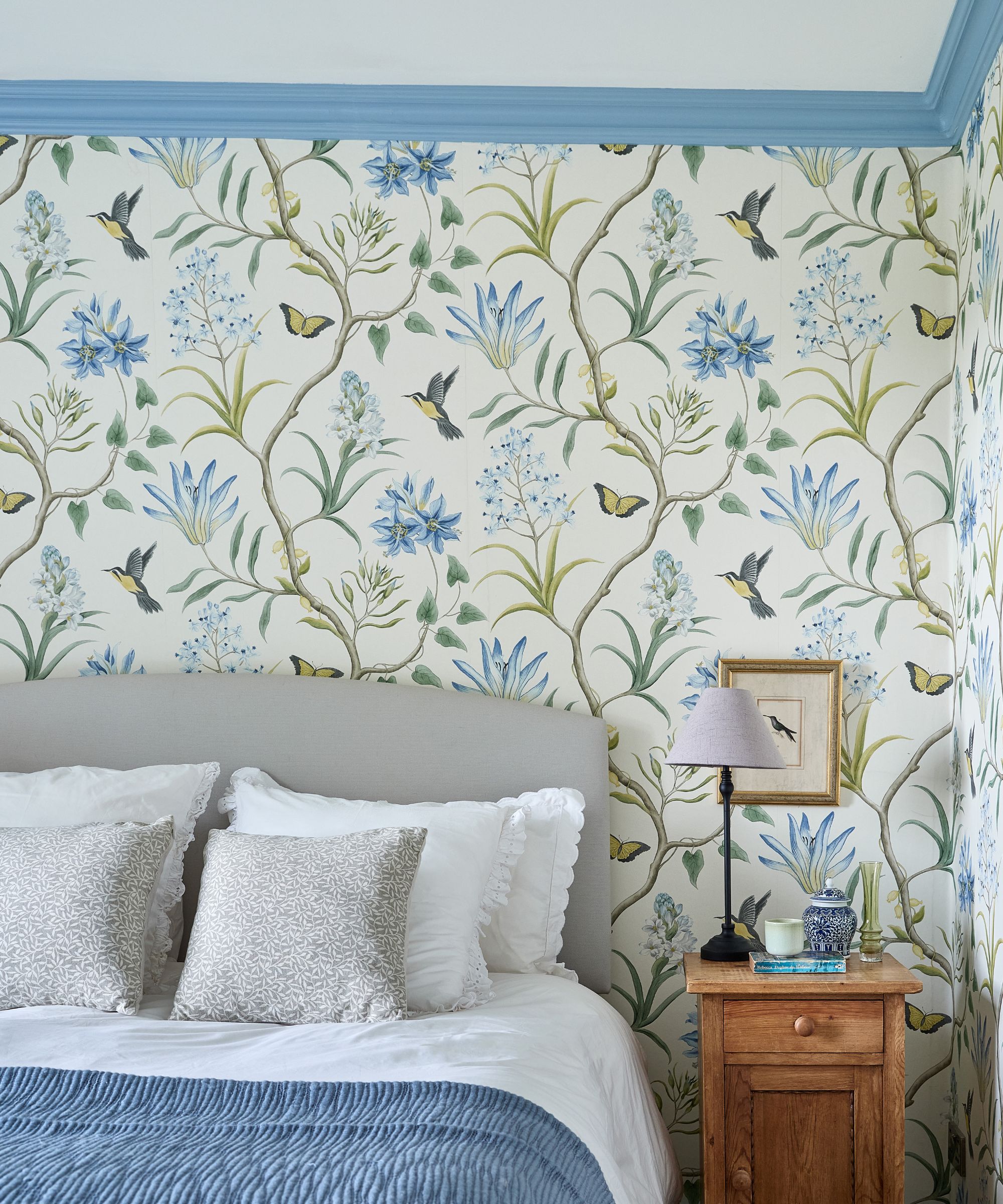
While no sheets are pill-proof, some materials are less likely to pill than others. Bedding expert Ijaz explains that her miracle material is 100% Egyptian cotton. 'These rare fibers are much more durable than traditional cotton,' she says. 'With proper care and use, you can ensure long-lasting comfort and quality with Egyptian cotton bed sheets.'
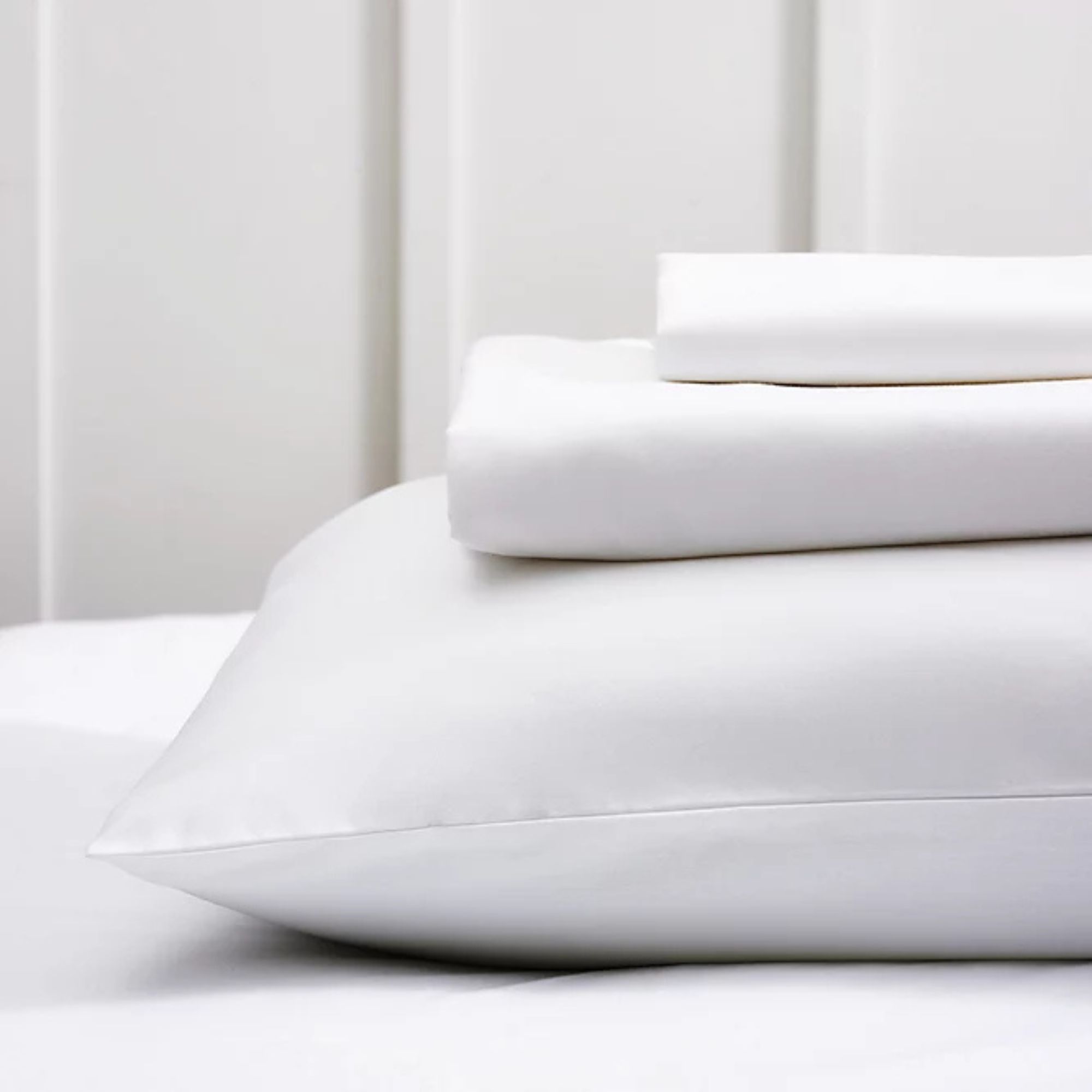
One of our expert testers, Laura, used to work for The White Company and loved their Egyptian cotton sheets so much, that she bought her own set. She's now converted her parents and grandparents, too, so now the whole family sleeps on Egyptian cotton.
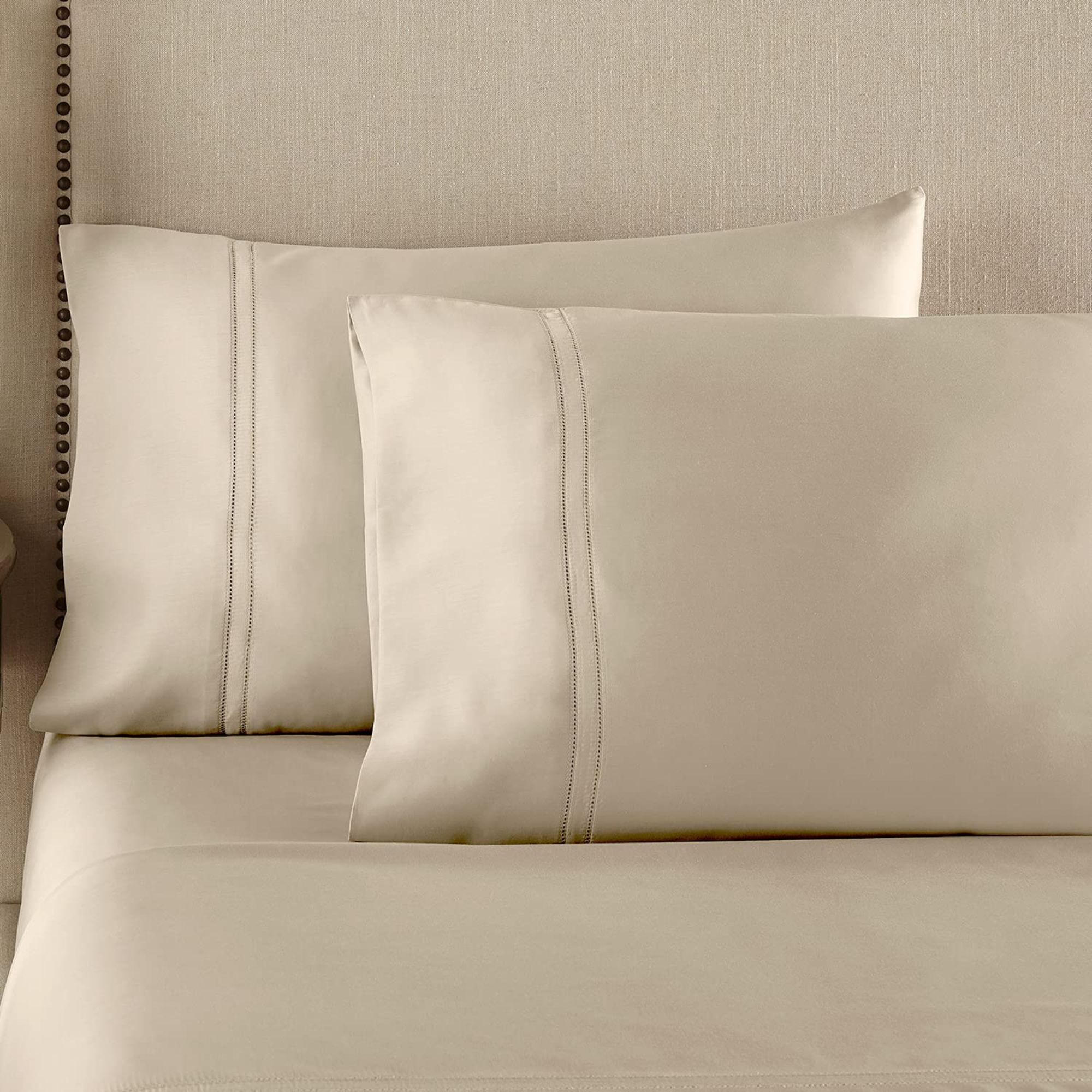
This bedding brand specializes in Egyptian cotton bedding, and this set has been authenticated by the Cotton Egypt Association, so you know it's legit: no flimsy fibers here.
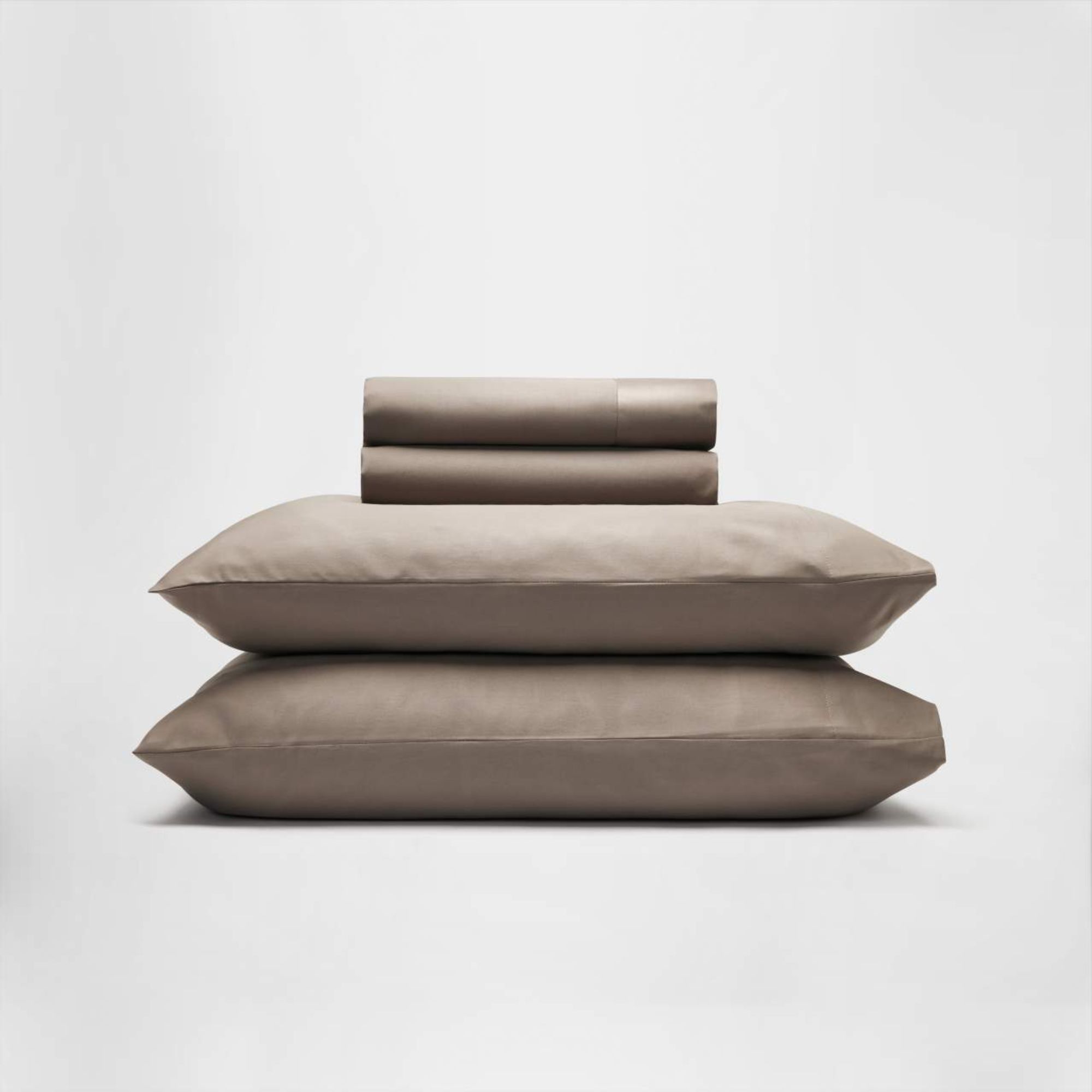
These Egyptian cotton sheets are woven into sateen for super silky smoothness. Each piece is OEKO-TEX certified. Was on cold to protect its structure and tumble dry on low.
FAQs
Why do my fitted sheets keep ripping?
If you're finding your fitted sheets keep ripping, or that you're struggling to keep fitted sheets on the bed, they're too small. This causes tension, which ultimately thins out the fabric and leads to ripping and damage.
What thread count is best for sheets?
The best thread count for bed sheets is between 200 and 400, but this will depend on the weave. Our expert-lead guide delves into this in more detail.
If your pilling sheets are beyond repair, then it's time to invest in a new set. The best affordable bed sheets should wash well, dry fast, and resist pilling for mere pennies.







